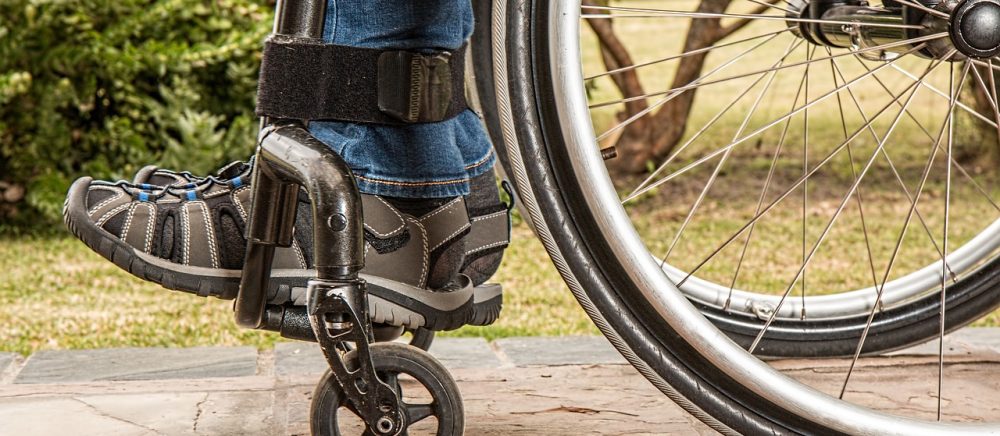The past few lectures in Human-Machine System Design have covered the topic of “Future Humans”. Within this topic we have discussed drastic surgical alterations to humans (including adding advanced technology into a human system), the potential for significant changes to a human’s environment, and the evolutionary changes that may result from modern technology. The whole topic is reminiscent of science fiction in many regards.

I am excited about the idea of future humans related to the realm of physical disabilities and medical ailments. Currently, there are many diseases which are incurable, or that leave lasting physical limitations for people. However, future humans may be able to fight through these diseases, either through advanced medical treatments or through human evolution.
It will be fantastic if one day humanity is not losing people to illnesses like cancer or Huntington’s disease.

However, on the other side of things, I hope that developments in medical technology do not limit our compassion for those with physical disabilities. Even though future technology will hopefully cure some illnesses, it is likely that new ones will develop. As we develop methods to cure some illnesses, there will be others that even future humans will lack the knowledge/technology to cure.
Engineering solutions will not resolve the prejudice and discrimination that people with physical disabilities face. I do truly believe that future humans will develop great cures for complicated medical challenges. I hope that future humans will also have made as great strides in practicing their kindness and empathy for those with physical disabilities.

I like the perspective you take here! I hadn’t thought about the potential lack of empathy future human developments might lead to, although I could see people developing a superiority complex if they are more advanced than others. However, technology might also help represent those with disabilities as just as able as those without. I’m in assistive technology right now and we focus a lot on empathetic design and designing so as not to accentuate or call attention to the disability.
I completely agree that “future humans” sounds a lot like science fiction that we’re exposed to in an intangible/unapproachable way currently. As a result, it’s hard to picture our current daily life with future human capabilities, yet, I’m sure individuals dealing with physical disabilities and/or other inhibiting medical ailments imagine such a future with hope. As you mentioned, omnipresent smart technologies can often cause a sense of assumed complacency, which it is important to be mindful of since tech is not the solution to all real-life hardships.